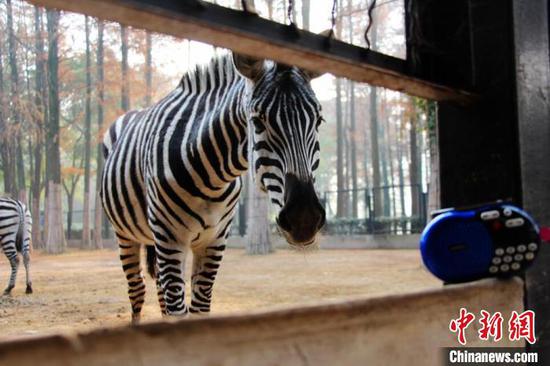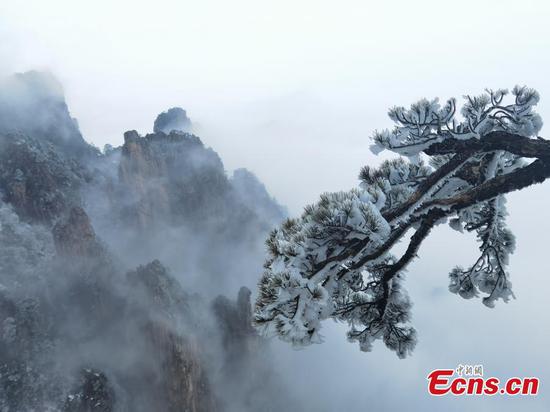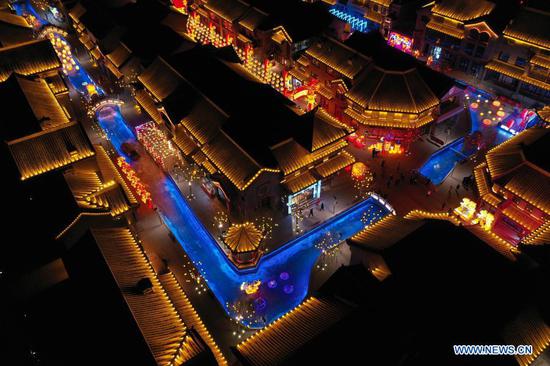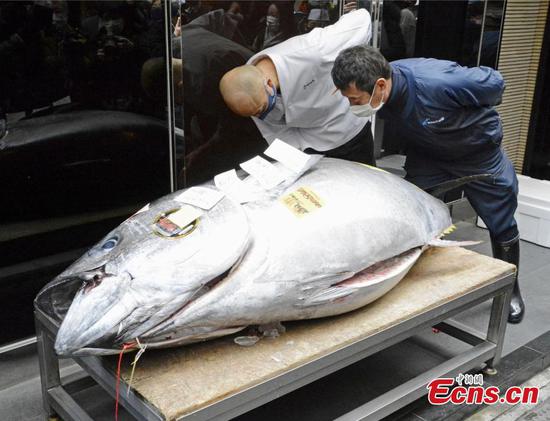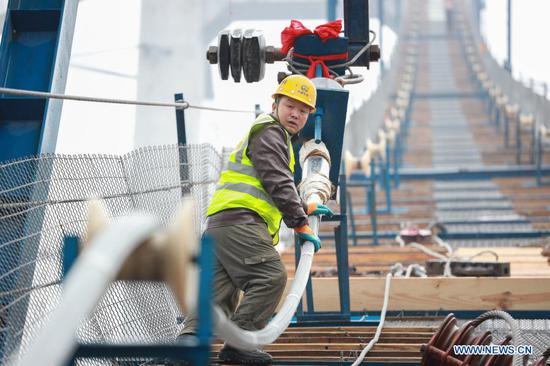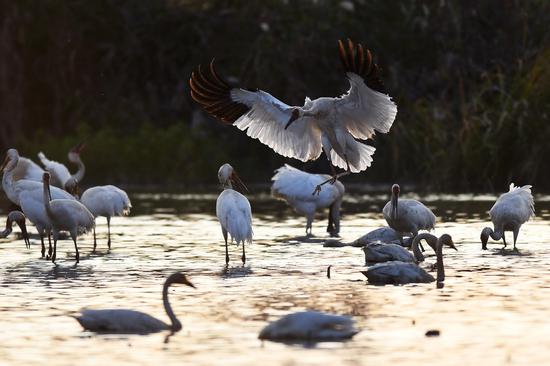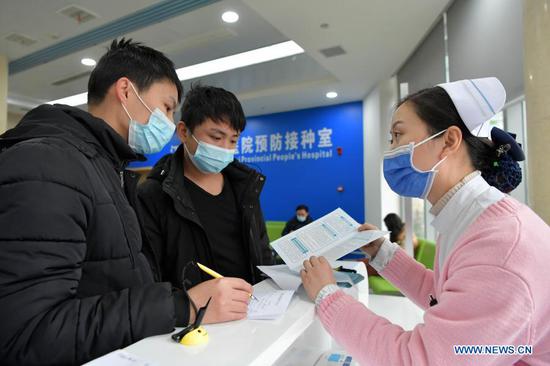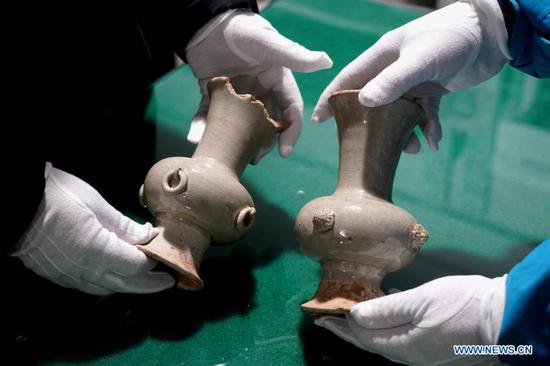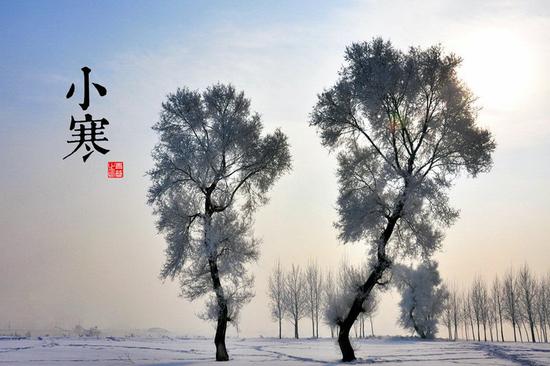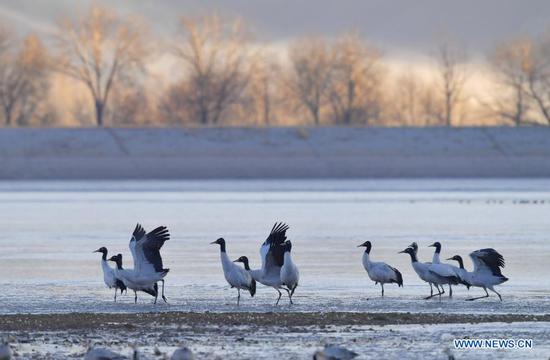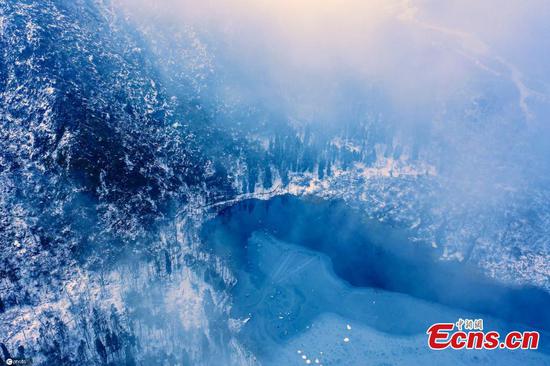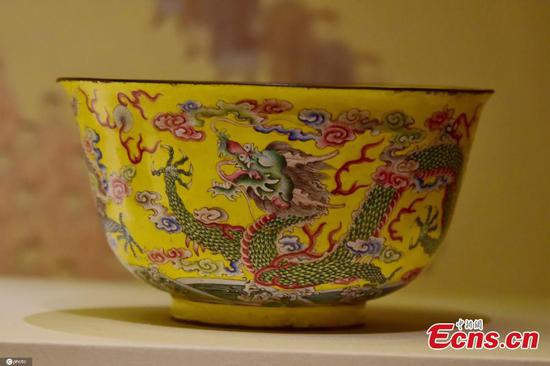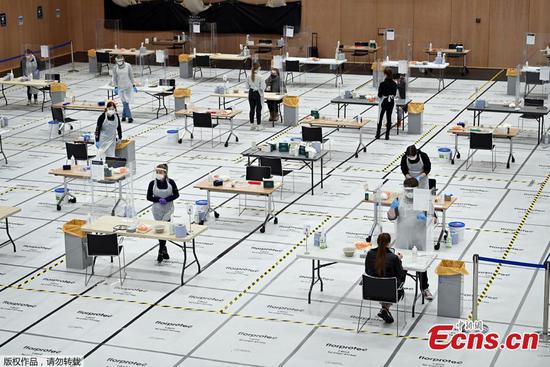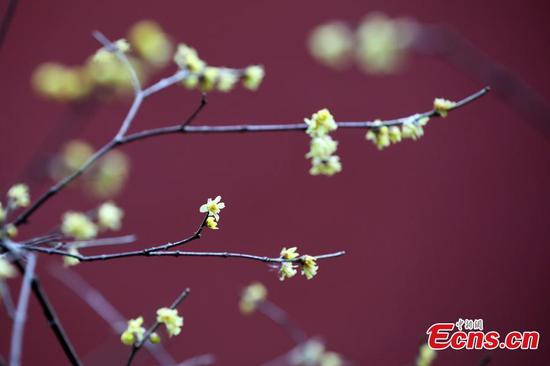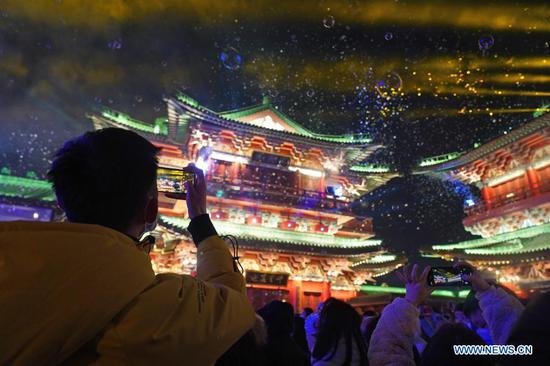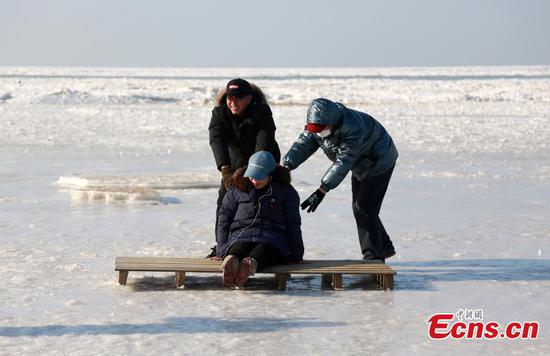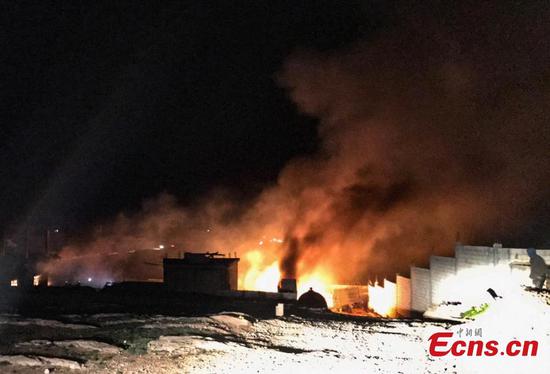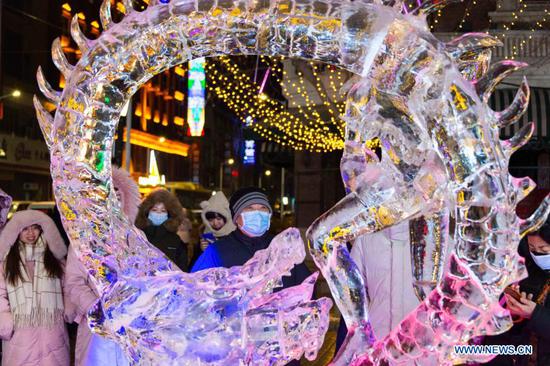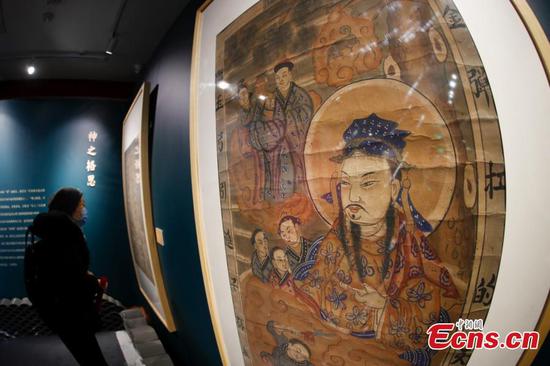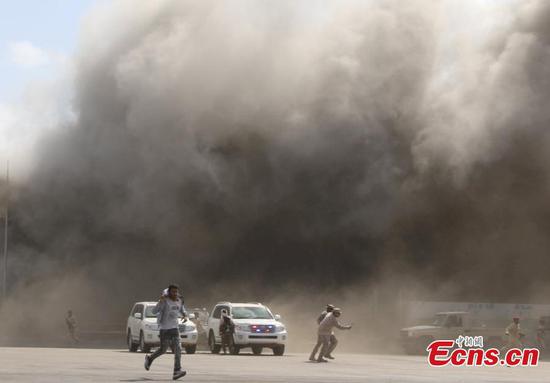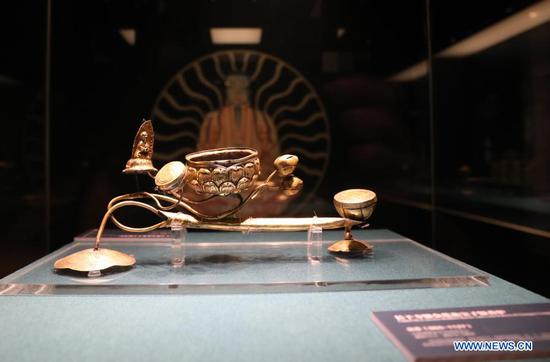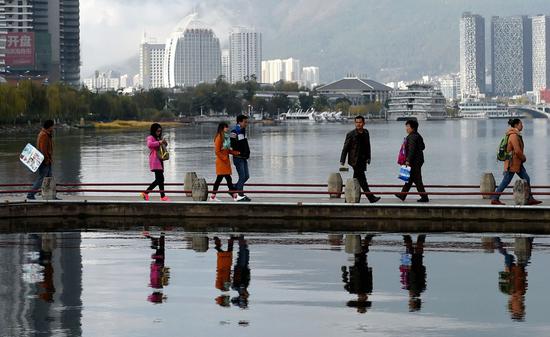
People stroll by the Erhai Lake in Dali Bai Autonomous Prefecture, southwest China's Yunnan Province, Dec. 9, 2015. (Xinhua/Lin Yiguang)
An Nan, who owns a lakeside guesthouse, had halted his homestay business for more than a year to make way for the conservation projects.
"We owe our business success to Erhai Lake. As long as it is well protected, we don't have to worry about our livelihoods," An said. "What's the point of having suites with a lake view if the lake itself is dirty and stinky like before?"
Official data showed that more than 20 billion yuan (about 3.1 billion U.S. dollars) has been poured into lake restoration projects in the past five years.
The arduous efforts have paid off. In 2019 and 2020, the surface water quality of Erhai Lake remained between Class II and Class III, indicating good water quality, according to the Yunnan provincial department of ecology and environment.
"A cleaner Erhai Lake is bringing more tourists to Dali, which is a boon for my business," An said.
Chen Jian, Party secretary of Dali, said the prefecture has been following a path of green development.
"With the improving water quality of Erhai Lake, we have more time to adjust our industrial structure and further promote green development," he said. "The protection of the lake is bringing more economic benefits."
"Mountains and rivers green are mountains of silver and gold," Xi has reiterated on several occasions. The dialectical words, known as the "two mountains" concept in Chinese, are a key component of Xi's thought on ecological progress.
During another inspection tour of Yunnan in January 2020 when he visited Dianchi Lake, a plateau lake in the provincial capital Kunming, Xi stressed abandoning the old way of achieving economic development at the cost of the environment.
After learning about the conservation efforts at Dianchi Lake as well as the improvement in its water quality during that visit, Xi urged continuous efforts to restore the ecology of the lake.










